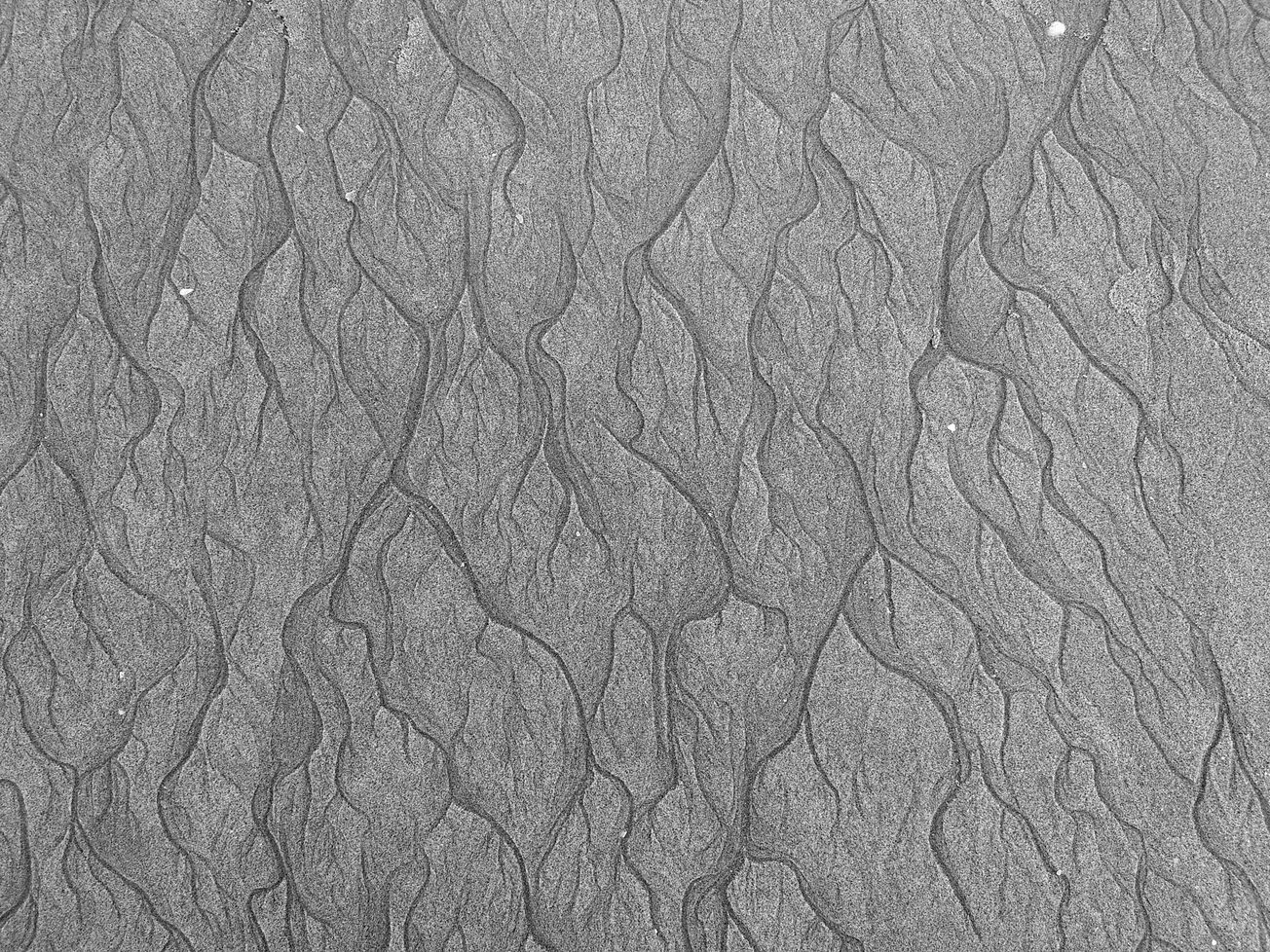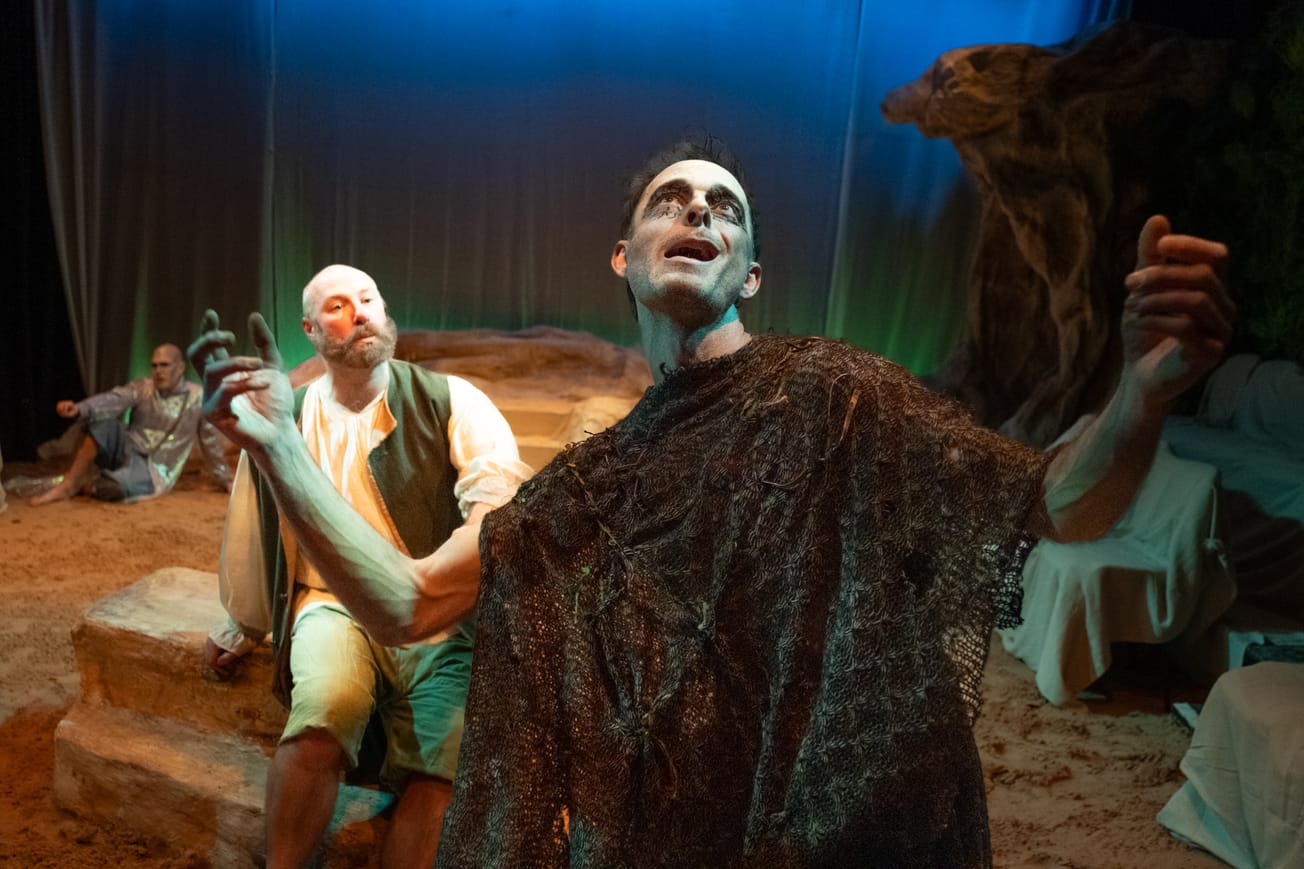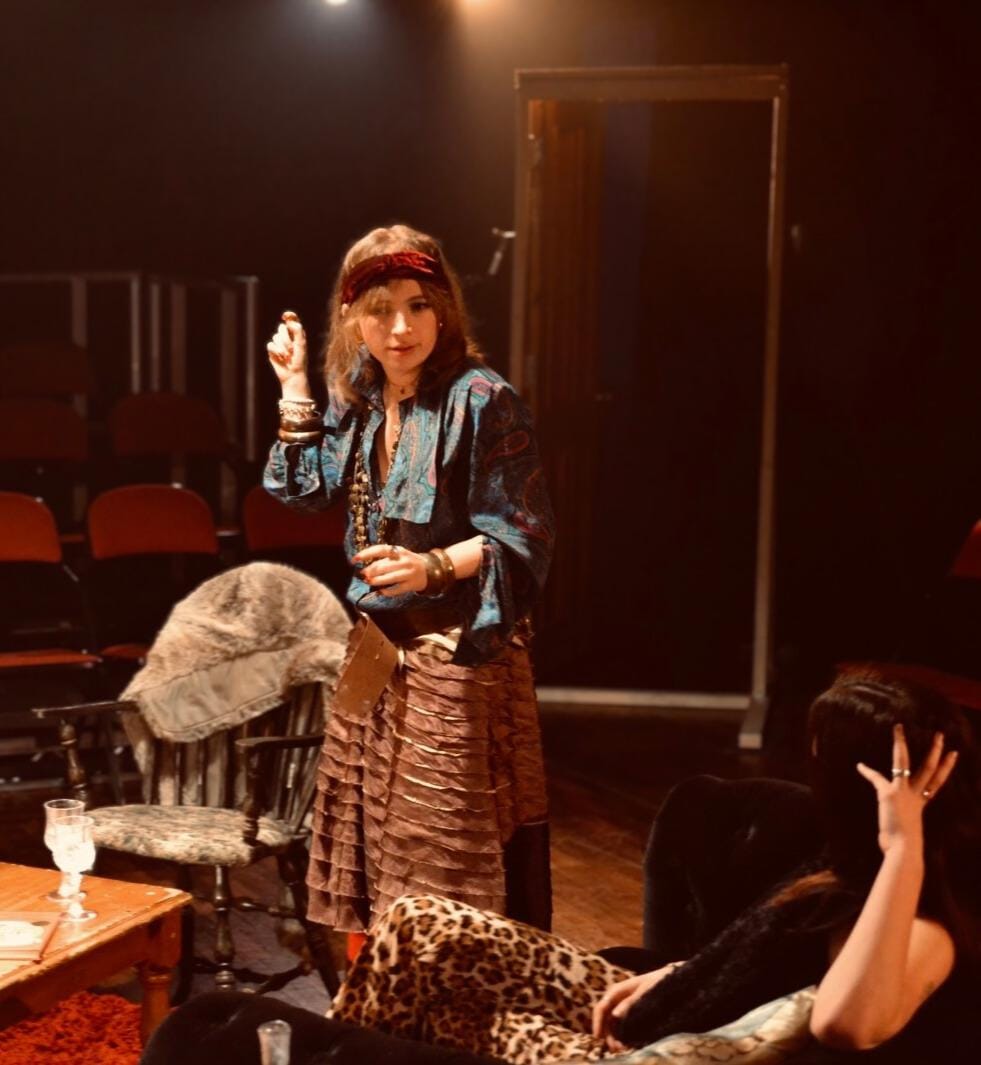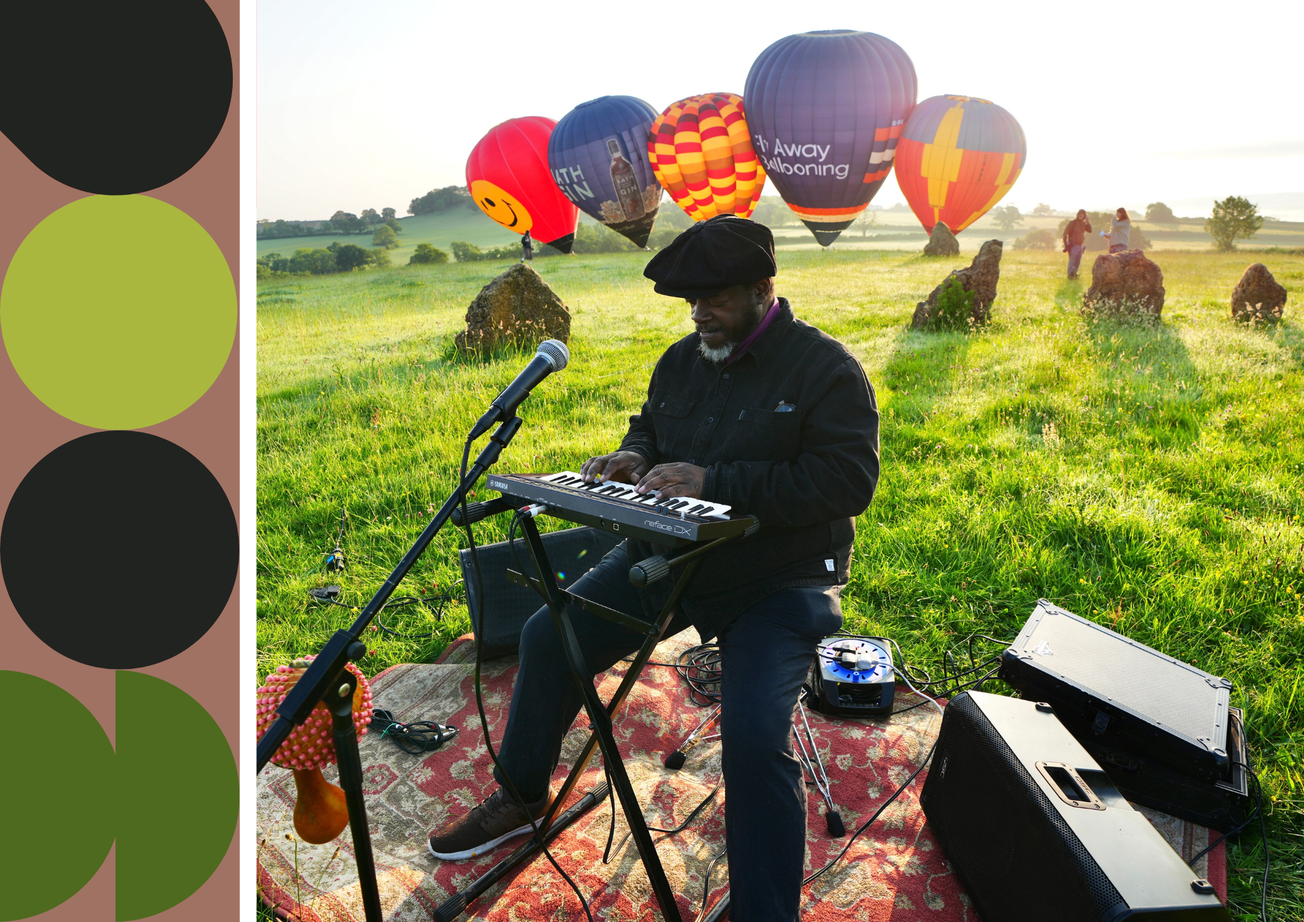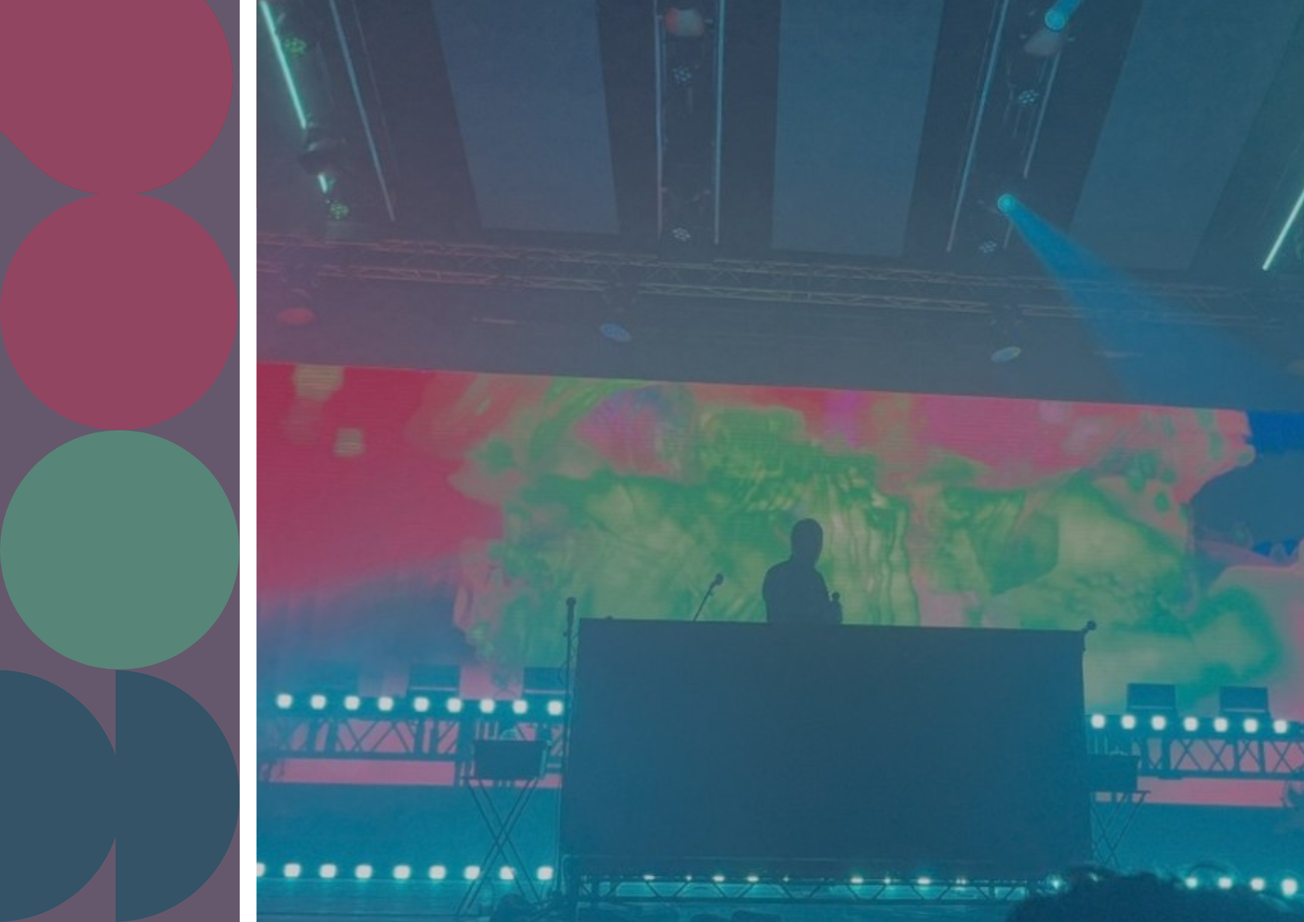By Phoebe Caine, Arts Digital Editor
Passed down the lengths of sixth form college corridors are words taken directly from the next person. “You see, it’ll be different then! I’ll have changed, I’ll probably know myself more. People find themselves at uni.” It comes from our mouths without any intention to sound inspiring or ignorant, and yet it conquers both and sets up the footings of expectation. We say it with body; we cast our eyes at each other as we claim it. One supposes that things will miraculously fall into place for them. There is both verity and falsity behind the idea that the big move to the big city will generate a finding of yourself, as if it necessarily alters you, as though breathing new air will automatically redress you. True, moving to university causes shifts in your character, but these do not occur with immediate effect. These shifts are gradual, breaking on the fronts of our nature like infrequent waves in uncertain weather.
We fall into unknown places in our first year and then return to them, recognising them as known places, until the end of our time as undergrads. Steadily we walk through the scenes of our years here and find that if we tripped on the pavement, likely coming home from a library stint, we would crack open and the same scenes would fall to and collect on the ground around our knees. All the books on those shelves, each array of items arranged on and beneath nearby desks. All the shopfronts that changed hands, each regular walker and their ageing dogs. All the tables and chairs sat on in pubs and bars, each gesture we made to one another. All four walls of the rooms of strangers/friends/lovers we saw from sitting on the edge of their bed, each type of media we exchanged.
The structure of our lives is an extensive network of acute decisions existing along the same line of time, alive with reflections of ourselves. The beauty in all of this is rarely loaded on in periodic epiphanic episodes. Instead it comes in irregular doses of the feeling of being closer to yourself than you may have ever felt before. We wear clothes we have not owned before, listen to music and theatre we have not heard before, stare at books and artwork we have not glimpsed before, and watch each other doing this, initially for the first time, and then over and over again. Where there is more exposure there is more understanding. Where there is more understanding there is something that has, in the process and in the end, undoubtedly been found.
At university, the circumstances and situations faced by us are usually inconsistent with our expectations and incoherent when compared to our past. Particularly in the first year, there exists a tense friction between the familiar person we are loosely holding onto and the person we are trying to grab by the wrist to become. Our potential scintillates in the dark autumn air, eventually leaving its state of obscurity and attaching to us, becoming our form.
In each of us there are secrecies: private and puzzling spaces that we especially get stuck on and struggle to solve. The act of trying to figure ourselves out, turning to art that can speak to us in vagaries and consuming it like ravenous animals thirsty for the taste of our own blood in our mouths, is only a natural human impulse. Your trouble to pin your soul down to the body you see is not uniquely your own. All our art is a manifestation of our urge to view ourselves from the outside and begin to appreciate all of the ways we come to be.

